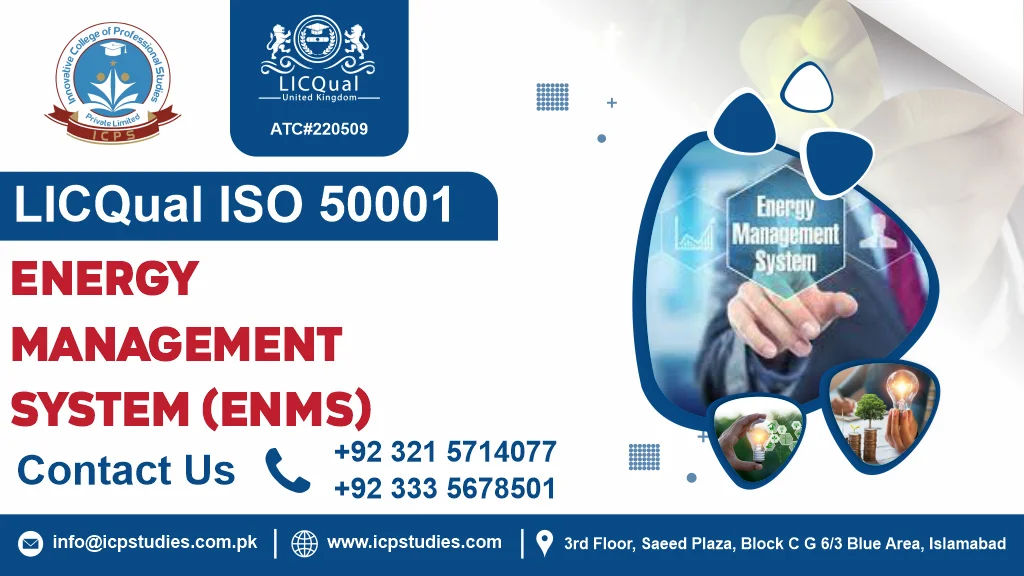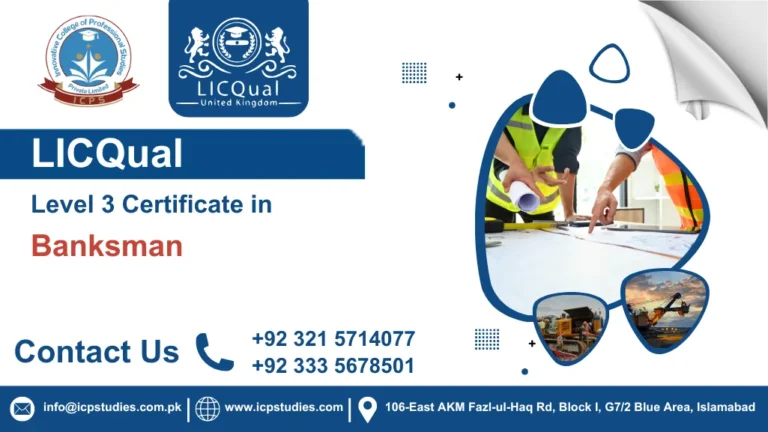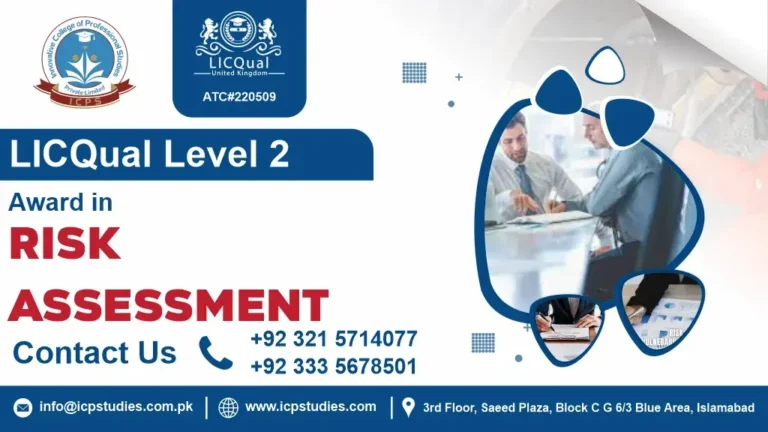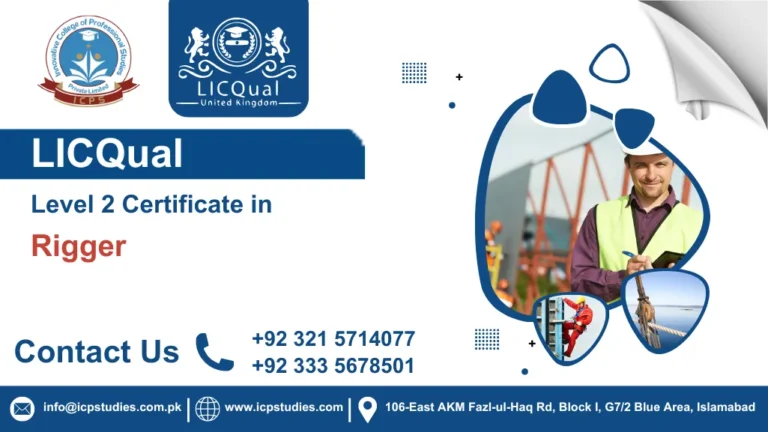In today’s world, energy management is not just a regulatory requirement but a strategic advantage. Organizations across various industries are increasingly focusing on energy efficiency to reduce costs, enhance sustainability, and meet regulatory demands. The ISO 50001 Energy Management System (EnMS) Lead Implementer course stands at the forefront of this movement, equipping professionals with the tools and knowledge needed to spearhead effective energy management strategies. If you’re looking to lead your organization toward significant energy savings and environmental responsibility, this course is your gateway to achieving those goals.
ISO 50001 is an international standard designed to help organizations improve their energy performance, reduce energy consumption, and minimize environmental impacts. It provides a structured framework for managing energy efficiently, ensuring that energy use is continually optimized. The standard is applicable to any organization, regardless of size or sector, and is instrumental in helping businesses align with global sustainability goals and energy regulations.
The ISO 50001 Energy Management System (EnMS) Lead Implementer course is a vital training opportunity for professionals aiming to drive energy efficiency and sustainability within their organizations. By providing in-depth knowledge and practical skills, this course empowers participants to design, implement, and manage effective energy management systems that comply with international standards. Investing in this training not only enhances your professional capabilities but also supports your organization’s commitment to energy efficiency and environmental stewardship. If you’re ready to lead your organization toward a more sustainable and cost-effective future, this course is an essential step in achieving those goals.
All About ISO 50001 Energy Management System (EnMS) Lead Implementer
Course Overview
The ISO 50001 Energy Management System (EnMS) Lead Implementer is a specialized role and training course designed to equip professionals with the knowledge and skills necessary to develop, implement, and manage an effective Energy Management System (EnMS) in accordance with the ISO 50001 standard. This role is crucial for organizations aiming to improve energy efficiency, reduce costs, and enhance their sustainability practices.
The ISO 50001 Energy Management System (EnMS) Lead Implementer role is essential for organizations seeking to enhance their energy efficiency and sustainability practices. By providing expertise in implementing and managing energy management systems in line with ISO 50001, Lead Implementers help organizations achieve significant energy savings, regulatory compliance, and environmental sustainability. Whether you are looking to advance your career in energy management or drive impactful energy initiatives within your organization, mastering the role of Lead Implementer can provide the skills and knowledge necessary to succeed.
Study Units
- Introduction to ISO 50001
- Energy Performance Indicators (EnPIs)
- Energy Baseline Establishment
- Energy Review and Energy Audit
- Energy Planning and Target Setting
- Energy Efficiency Measures
- Employee Training and Awareness
- Performance Monitoring and Measurement
- Management Review and Continuous Improvement
To enroll in the LICQual ISO 50001 Energy Management System (EnMS) Lead Implementer Course, candidates should meet the following entry requirements:
- Educational Background:
- A minimum of a Level 4 qualification or equivalent in a relevant field (e.g., energy management, environmental science, engineering, or business administration).
- Professional Experience:
- At least two years of experience in energy management, environmental management, or a related area. This experience should include involvement in energy efficiency projects or management systems.
- Understanding of ISO Standards:
- Familiarity with ISO 50001 and related energy management standards is highly recommended. A foundational understanding can be demonstrated through prior training or professional experience.
- Basic Knowledge of Energy Management Principles:
- An understanding of energy management concepts, practices, and regulations is advantageous.
- Language Proficiency:
- Proficiency in English (or the language of instruction) to ensure comprehension of course materials and active participation in discussions.
- Commitment to Learning:
- A willingness to engage actively in the learning process, including participation in group activities and practical exercises.
Meeting these requirements will help ensure that participants gain the most from the course and are well-prepared to undertake the responsibilities of a lead implementer in energy management systems. If you have any questions about your eligibility or need assistance, please contact our course coordinator for guidance.
4o mini
The LICQual ISO 50001 Energy Management System (EnMS) Lead Implementer Course is designed for a variety of professionals involved in energy management and sustainability initiatives. This course is ideal for:
- Energy Managers: Individuals responsible for developing and implementing energy management strategies within organizations.
- Environmental Managers: Professionals focused on improving environmental performance and sustainability practices.
- Compliance Officers: Those ensuring that energy management practices comply with regulatory requirements and standards.
- Facilities Managers: Individuals overseeing building operations who wish to enhance energy efficiency and reduce operational costs.
- Sustainability Consultants: Professionals providing advisory services on energy management and sustainability, looking to deepen their expertise.
- Operations Managers: Individuals responsible for operational efficiency who want to incorporate energy management into their processes.
- Project Managers: Those managing energy efficiency projects who need a solid understanding of energy management systems.
- Anyone Interested in Energy Management: Individuals seeking to enhance their knowledge of ISO 50001 and improve their career prospects in the field of energy management.
This course equips participants with the skills needed to effectively implement and manage an Energy Management System (EnMS), promoting energy efficiency and sustainability within organizations.
Learning Outcome
1. Introduction to ISO 50001
Learning Outcomes:
- Understand the scope, objectives, and benefits of ISO 50001 for energy management.
- Describe the structure and key components of the ISO 50001 standard.
- Explain the role of an Energy Management System (EnMS) in improving energy performance and achieving sustainability goals.
- Identify the requirements and framework for implementing an effective EnMS in compliance with ISO 50001.
2. Energy Performance Indicators (EnPIs)
Learning Outcomes:
- Define Energy Performance Indicators (EnPIs) and their importance in measuring energy performance.
- Develop and select appropriate EnPIs to monitor and assess energy usage and efficiency.
- Analyze and interpret EnPI data to identify trends, areas for improvement, and opportunities for energy savings.
- Implement EnPIs in the context of the EnMS to support energy performance monitoring and decision-making.
3. Energy Baseline Establishment
Learning Outcomes:
- Explain the concept of an energy baseline and its role in measuring energy performance.
- Develop methodologies for establishing accurate energy baselines for various processes or facilities.
- Use baseline data to compare against current energy performance and track improvements over time.
- Address factors that may influence baseline data and ensure its accuracy and relevance.
4. Energy Review and Energy Audit
Learning Outcomes:
- Conduct comprehensive energy reviews to assess current energy consumption and performance.
- Plan and perform energy audits to identify inefficiencies, energy-saving opportunities, and compliance with ISO 50001 requirements.
- Evaluate audit findings and make recommendations for improving energy management practices.
- Understand the role of energy reviews and audits in the continuous improvement of the EnMS.
5. Energy Planning and Target Setting
Learning Outcomes:
- Develop effective energy management plans that align with organizational goals and ISO 50001 requirements.
- Set realistic and measurable energy performance targets based on energy reviews, audits, and baseline data.
- Formulate action plans to achieve energy targets and integrate these plans into the overall EnMS.
- Monitor progress toward targets and adjust plans as needed to address challenges and opportunities.
6. Energy Efficiency Measures
Learning Outcomes:
- Identify and evaluate energy efficiency measures and technologies that can reduce energy consumption.
- Develop strategies for implementing energy-saving measures within the organization.
- Assess the financial and environmental benefits of energy efficiency measures and prioritize actions based on impact.
- Integrate energy efficiency measures into the EnMS to drive continuous improvement in energy performance.
7. Employee Training and Awareness
Learning Outcomes:
- Design and implement training programs to increase employee awareness of energy management practices and the importance of ISO 50001.
- Develop communication strategies to promote energy conservation and engage staff in energy-saving initiatives.
- Assess the effectiveness of training programs and make adjustments to improve their impact.
- Foster a culture of energy efficiency and responsibility within the organization.
8. Performance Monitoring and Measurement
Learning Outcomes:
- Establish systems and processes for monitoring and measuring energy performance in alignment with ISO 50001 requirements.
- Utilize data collection tools and techniques to track energy consumption and performance against established EnPIs and targets.
- Analyze performance data to identify trends, anomalies, and areas for improvement.
- Report on energy performance to stakeholders and use data to drive decision-making and strategic planning.
9. Management Review and Continuous Improvement
Learning Outcomes:
- Conduct regular management reviews to evaluate the effectiveness and performance of the EnMS.
- Identify and address non-conformities, opportunities for improvement, and changes that may impact energy performance.
- Develop and implement corrective and preventive actions to enhance the EnMS and achieve continuous improvement.
- Ensure that the EnMS evolves with organizational changes, regulatory requirements, and technological advancements.
FAQs about ISO 50001 Energy Management System (EnMS) Lead Implementer







